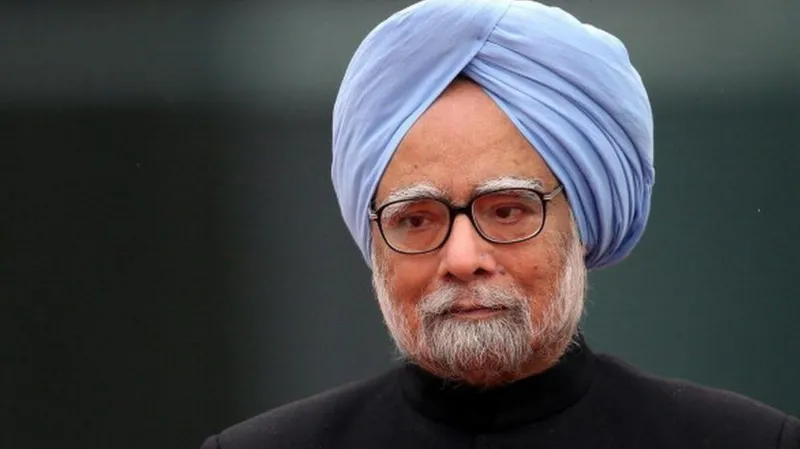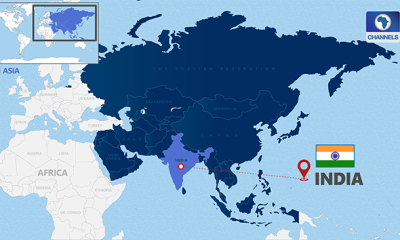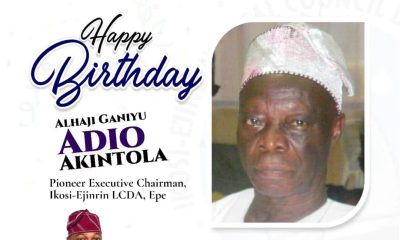International
Indian Former Prime Minister, Manmohan Singh Is dead

- Former Indian Prime Minister Manmohan Singh, a key architect of India’s economic liberalisation, served from 2004 to 2014, shaping the nation’s economic and political landscape.
- Tributes from leaders, including Prime Minister Narendra Modi and Congress figures, highlight Singh’s wisdom, humility, and dedication to improving lives.
- As the first Sikh prime minister, Singh’s legacy includes historic reforms, a public apology for the 1984 riots, and a second term overshadowed by corruption allegations.
Manmohan Singh, one of India’s longest-serving prime ministers and the architect of the nation’s pivotal economic reforms, has died at the age of 92.
Eko Hot Blog reports that Singh, who served as India’s prime minister from 2004 to 2014 and earlier as finance minister, had been hospitalized in Delhi after his health deteriorated.
EDITOR’S PICKS
- PDP Declares Ethiope East Federal Seat Vacant Following Ibori-Suenu’s Defection to APC
- Retired Principals Call for Recognition and Better Welfare from Government
- BREAKING: IGP Egbetokun Orders Major Shake-Up, Deploys New AIG to Lagos FCID Annex
Prime Minister Narendra Modi expressed his condolences, calling Singh “one of India’s most distinguished leaders” and praising his “wisdom and humility” as well as his efforts to improve the lives of millions during his tenure.
Congress leader Rahul Gandhi described Singh as a “mentor and guide,” while his sister Priyanka Gandhi hailed him as “genuinely egalitarian, wise, strong-willed, and courageous.”
Singh made history as the first Sikh to hold the prime minister’s office and the first leader since Jawaharlal Nehru to be re-elected after a full first term. Known for his apology in parliament for the 1984 anti-Sikh riots, Singh’s leadership marked a transformative period for India’s economy and politics.
However, his second term was overshadowed by corruption scandals, which contributed to the Congress party’s heavy defeat in the 2014 elections.
Born on September 26, 1932, in a remote village in Punjab, Singh rose from humble beginnings to become one of India’s most respected statesmen. After studying at Panjab University, he earned a master’s degree from the University of Cambridge and a DPhil from Oxford.
FURTHER READING
- Ensure Available Of Naira Notes Nationwide -Shettima Tasks Banks
- Alleged Mass Killings: NHRC Seeks Justice For Victims
- Federal Government Allocates N700bn for Free Meter Distribution
His daughter, Daman Singh, recounted in a book that financial struggles during his Cambridge years deeply affected him, shaping his understanding of economic hardships.
“His tuition and living expenses came to about £600 a year. The Panjab University scholarship gave him about £160. For the rest he had to depend on his father. Manmohan was careful to live very stingily. Subsidised meals in the dining hall were relatively cheap at two shillings sixpence.”
Daman Singh remembered her father as “completely helpless about the house and could neither boil an egg, nor switch on the television”.
Click here to watch our video of the week:
Advertise or Publish a Story on EkoHot Blog:
Kindly contact us at ekohotblog@gmail.com. Breaking stories should be sent to the above email and substantiated with pictorial evidence.
Citizen journalists will receive a token as data incentive.
Call or Whatsapp: 0803 561 7233, 0703 414 5611


















